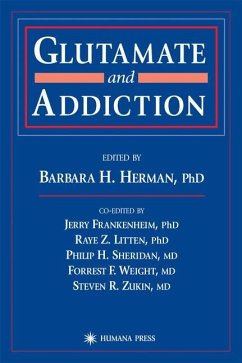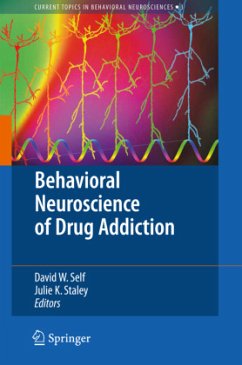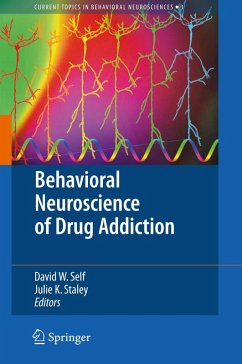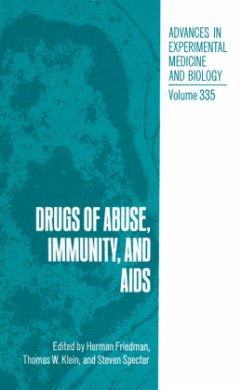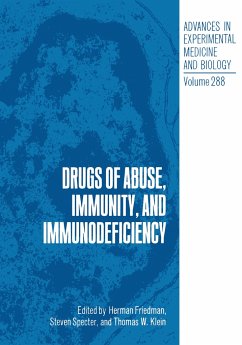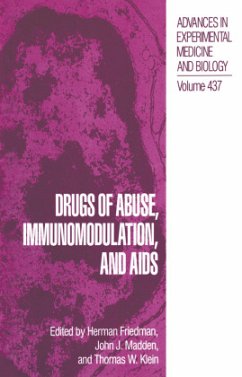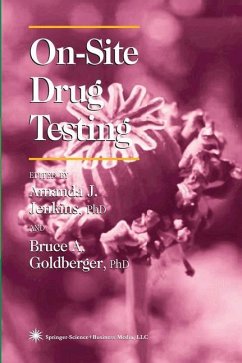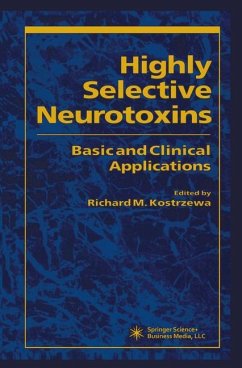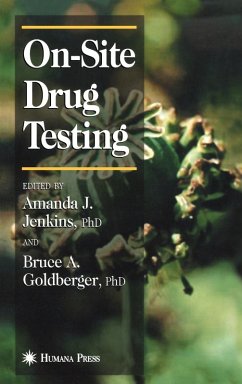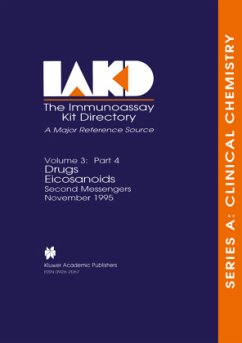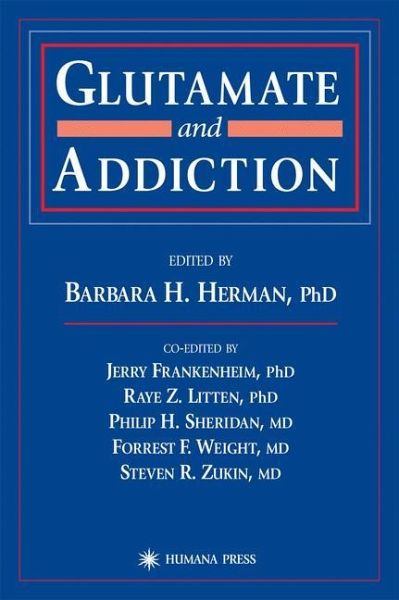
Glutamate and Addiction

PAYBACK Punkte
77 °P sammeln!
In Glutamate and Addiction, world-renowned scientific experts critically review all of the evidence for the role of glutamatergic systems in opiate, stimulant, and alcohol addiction. Using a variety of pharmacological, biochemical, genetic, and brain imaging techniques, these investigators show precisely how glutamate affects such addictions and how modifying certain elements of the glutamatergic system appear to alleviate particular components of addiction. Their survey takes in both clinical approaches using medications that influence glutamate and cutting-edge preclinical approaches that ma...
In Glutamate and Addiction, world-renowned scientific experts critically review all of the evidence for the role of glutamatergic systems in opiate, stimulant, and alcohol addiction. Using a variety of pharmacological, biochemical, genetic, and brain imaging techniques, these investigators show precisely how glutamate affects such addictions and how modifying certain elements of the glutamatergic system appear to alleviate particular components of addiction. Their survey takes in both clinical approaches using medications that influence glutamate and cutting-edge preclinical approaches that manipulate specific subtypes of glutamate receptors or specific substrates of the "glutamate cascade" to determine their roles in various addictive states.





